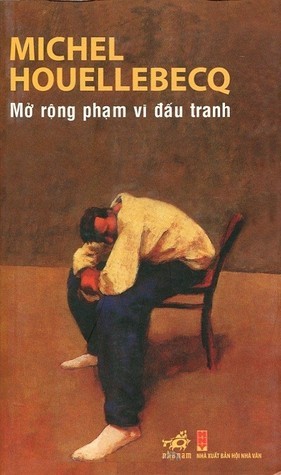What do you think?
Rate this book


212 pages, Bìa mềm
First published January 1, 1994

There's a club if you'd like to go. You could meet somebody who really loves you. So you go and you stand on your own. And you leave on your own. And you go home. And you cry. And you want to die.